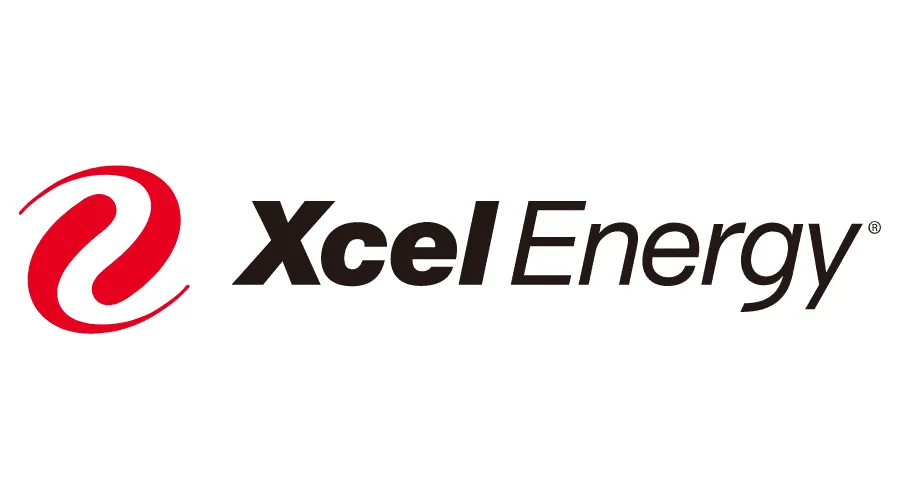Tri-State to allow members to source more power independently as part of rate-reduction efforts
WESTMINSTER — Power wholesaler Tri-State Generation and Transmission Association Inc. will allow its member co-ops to generate more of their own power, but not enough to appease some of the wantaways.
The Westminster-based Tri-State said Wednesday that it will allow members to request a new contract in 2021 that will give participating co-ops a portion of up to 300 megawatts of capacity to fill how it prefers, limited to a maximum 50/50 split between self-supplied and Tri-State power.
That 300 megawatt figure amounts to 10% of Tri-State’s peak demand.
Tri-State also said it plans to…
THIS ARTICLE IS FOR SUBSCRIBERS ONLY
Continue reading for less than $3 per week!
Get a month of award-winning local business news, trends and insights
Access award-winning content today!




